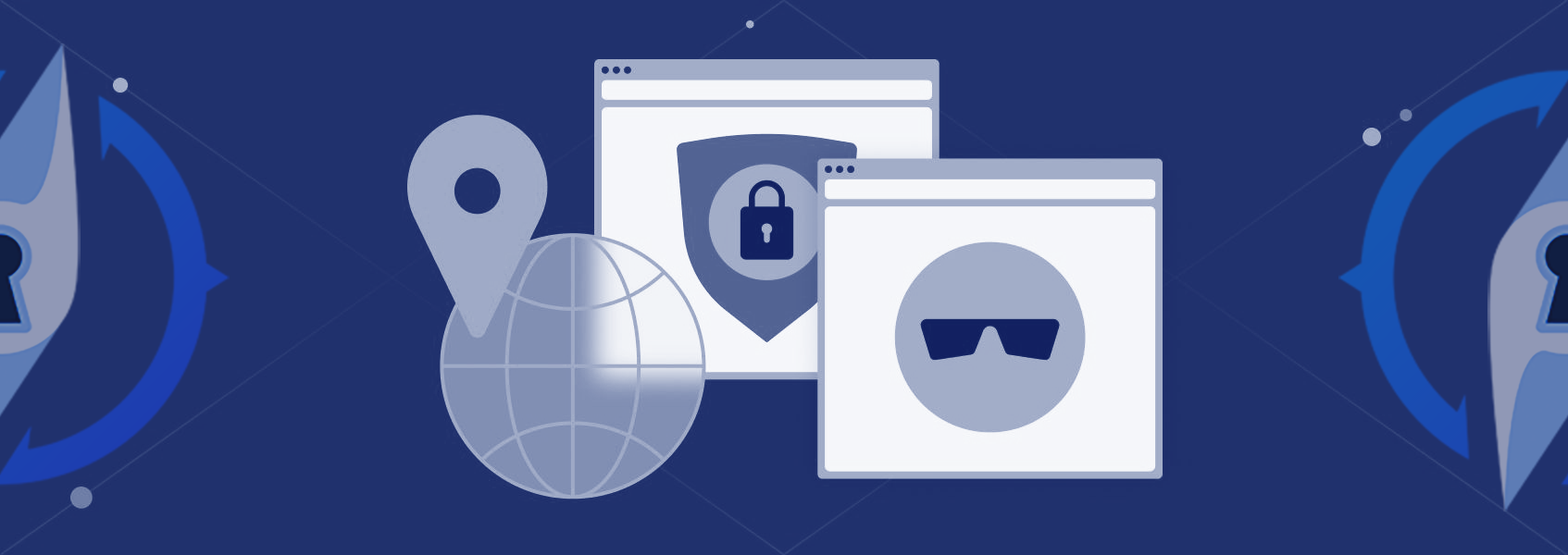
The function of a proxy can be likened to that of a mediator between a device and the internet at large. By substituting your IP address with its own, a proxy intercepts and manages all of your traffic.
Using a separate IP address can be advantageous for several reasons. For instance, proxy servers afford the user more governance over their internet access, offering control over the amount of data that websites and services can acquire about you.
But why is this advantageous and who benefits from using proxies? In this discussion, we’ll shed light on the four most prevalent use cases for proxies.
Data Mining through Web Scraping
Web scraping pertains to the automated process of extracting data from websites and other online sources. This process is often utilized by organizations and individuals alike for a variety of reasons, including but not limited to market analysis, generating leads, and consolidating prices.
Most websites set a limit on the number of requests they will accept from a single IP address. As proxies substitute your IP with theirs, they serve as an efficient tool to sidestep any IP-based limitations. By sending requests from varying IPs in diverse locations, scrapers can mimic the activity of genuine users, making it difficult for websites to identify and obstruct the scraping activity.
Surveillance and Analysis of SEO
In today’s digital landscape, search engine optimization (SEO) is paramount for businesses of all sizes. With just 0.63% of users advancing to the second page of Google search results, it’s no wonder that SEO monitoring has emerged as a significant use case for proxies.
High search engine rankings lead to organic traffic, attracting new clients and bolstering long-term brand recognition and revenue. Therefore, businesses must frequently monitor search engine result pages (SERPs) and keep an eye on their competitors.
Proxy servers enable the replication of searches from various IP addresses and locations, yielding valuable data on SEO performance. With these insights, businesses can adapt their SEO strategy to align with their target audience’s behavior.
Circumventing Geo-blocks
Certain websites and online services are restricted to visitors from specific countries. Moreover, governmental bodies, institutions, and ISPs often censor certain online platforms, such as search engines and social media platforms. While the practice of geo-blocking often has valid reasons (like copyright and licensing constraints), it can also be misused.
Proxies provide a straightforward solution to these limitations, granting an IP address from the desired location. By utilizing a proxy located in a country where content is unrestricted, businesses and individuals can access this content safely and discreetly.
Improving Privacy
Online tracking has grown into a significant concern in recent years. Notably, Google tracks 76% of all web traffic, being the leading tracker, but not the only one. Other companies, such as Amazon (17%), Facebook (16%), and Microsoft (8%), also collect substantial amounts of user data.
Given the extent of these tracking efforts, enhancing online anonymity has emerged as a key use case for proxies. Businesses, NGOs, researchers, journalists, and others can browse the internet anonymously with proxies. Since the proxy manages all traffic, it also bears the burden of tracking, thus preserving the user’s privacy and leaving their online activity untraceable.
Different Proxies, Different Purposes
The use of proxies extends beyond these four cases. They are also sought after for the protection of brands and intellectual properties, for ad verification, and even for successful purchases of sneakers and other limited edition items. Developers use them to test the functionality of their websites, apps, and other creations across different regions globally.
However, it’s important to note that not all proxies are created equal. Although numerous free proxies are available online, they may not offer the necessary privacy and features for secure internet access.
As you’re entrusting this entity with sensitive data, it’s crucial to conduct thorough research and choose a reputable proxy provider that values ethical practices. The suitability of a proxy can vary based on the intended purpose, so don’t compromise on a seamless experience—choose wisely.
Frequently Asked Questions (FAQs) about
What is a proxy and what does it do?
A proxy acts as an intermediary between a device and the internet. It substitutes your IP address with its own, managing all your traffic. This provides more control over internet access, limiting the information websites and services can gather about you.
What is web scraping and how do proxies facilitate it?
Web scraping is an automated process of extracting data from websites and other online sources. Proxies aid in this process by substituting your IP with their own, bypassing IP-based limitations set by websites. This makes it difficult for websites to identify and hinder scraping activity.
Why are proxies significant for SEO monitoring and research?
Proxies allow businesses to replicate searches from different IP addresses and locations, providing valuable data on SEO performance. With these insights, businesses can modify their SEO strategies to better target their audience.
How do proxies help in accessing geo-restricted content?
Proxies provide a straightforward solution to geo-restrictions by assigning an IP address from the desired location. Thus, by using a proxy located in a country where the content is unrestricted, users can access this content safely and discreetly.
How do proxies enhance online privacy?
Since proxies manage all traffic, they also bear the burden of tracking, preserving the user’s online activity from being traced. This makes enhancing online anonymity one of the key use cases for proxies, which is particularly useful for businesses, NGOs, researchers, journalists, among others.
Are all proxies the same?
No, not all proxies are created equal. The suitability of a proxy can vary based on its intended purpose. While there are numerous free proxies available online, they may not offer the necessary privacy and features for secure internet access. It’s crucial to conduct thorough research and choose a reputable proxy provider that values ethical practices.





